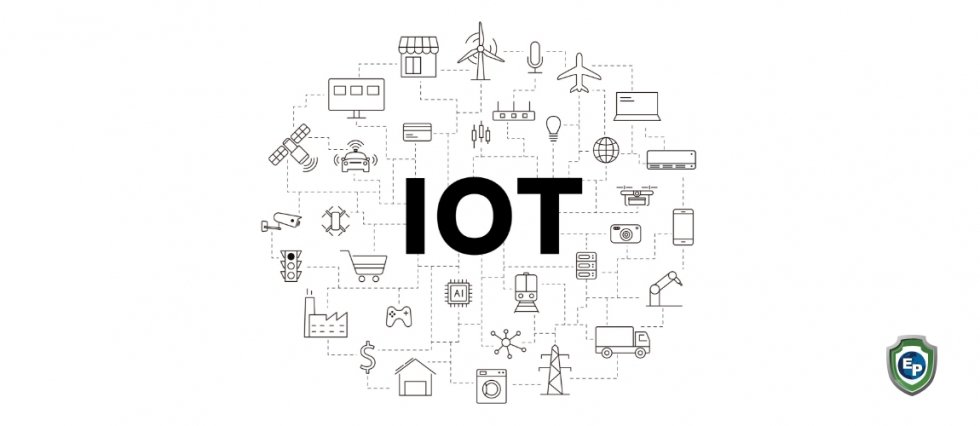How the Internet of Things will impact supply chains
The Internet of Things (IoT) is continuing to grow, benefitting many different sectors. This system has recently impacted the supply chain as well, and may even shape the future of supply chain management.

The Internet of Things (IoT) has shown promise across diverse sectors, from agriculture, food manufacture, and transportation to green energy and consumer products. Innovators have demonstrated how the growing web on internet-connected devices may benefit many sectors like manufacturing, trade, and supply chains.
According to Norton, by 2025, it is highly likely that the number of connected devices worldwide will grow to 21 billion. This number represents a considerable leap given that in 2016 there were 4.7 billion devices. Based on this estimate, we can expect to see the IoT leveraged across many different industries in the future.
Experts also believe that the IoT is ready to transform supply chains dramatically. Through the IoT, we can access more knowledge about supply chains, reducing losses, managing supply chains in real-time, and also enjoy operational efficiencies and revenue opportunities to benefit both manufacturing and trade.
Improving existing processes
Leveraging the IoT can drive benefits across existing supply chains. The IoT can be used to collect accurate data in real-time, allowing businesses to spot areas that can be improved and optimized, while bringing benefits to consumers, staff, and the company. These benefits can also drive profits by streamlining operations and cutting losses, as discussed below.

Cutting losses
One significant benefit of the IoT for supply chains will be minimizing losses. More knowledge of the supply chain allows managers to make adjustments that can save costs. Companies can save on fuel costs by optimizing transportation, lowering costly errors, preventing damage to products, and reducing food waste.
Enhancing client experience
With the ability to collect data simultaneously from points across the entire supply chain and analyze them in real-time, businesses who adopt the IoT will be able to leverage this data to develop new solutions for customers.
Better inventory management
Thanks to the IoT, inventory management is radically evolving. Before, companies had to keep vast numbers of stock items to ensure they could fill customers’ orders in a timely fashion. But with the IoT, inventories can now be reduced and optimized. Companies can confidently hold stock in numbers that they will need, without wasting space on storing stock that isn’t required or disappointing customers with long lead times.
The IoT represents the future of supply chains
The IoT is already transforming supply chains across many industries. These changes represent the future of supply chain management, and adopting the technology early on will give the adopters a competitive advantage.
Learn more with Export Portal
Interested in learning more about other technological advances? Make sure to check out the rest of our blog and see how technology will continue to play a significant role in the world of trade and business!






Comments 0